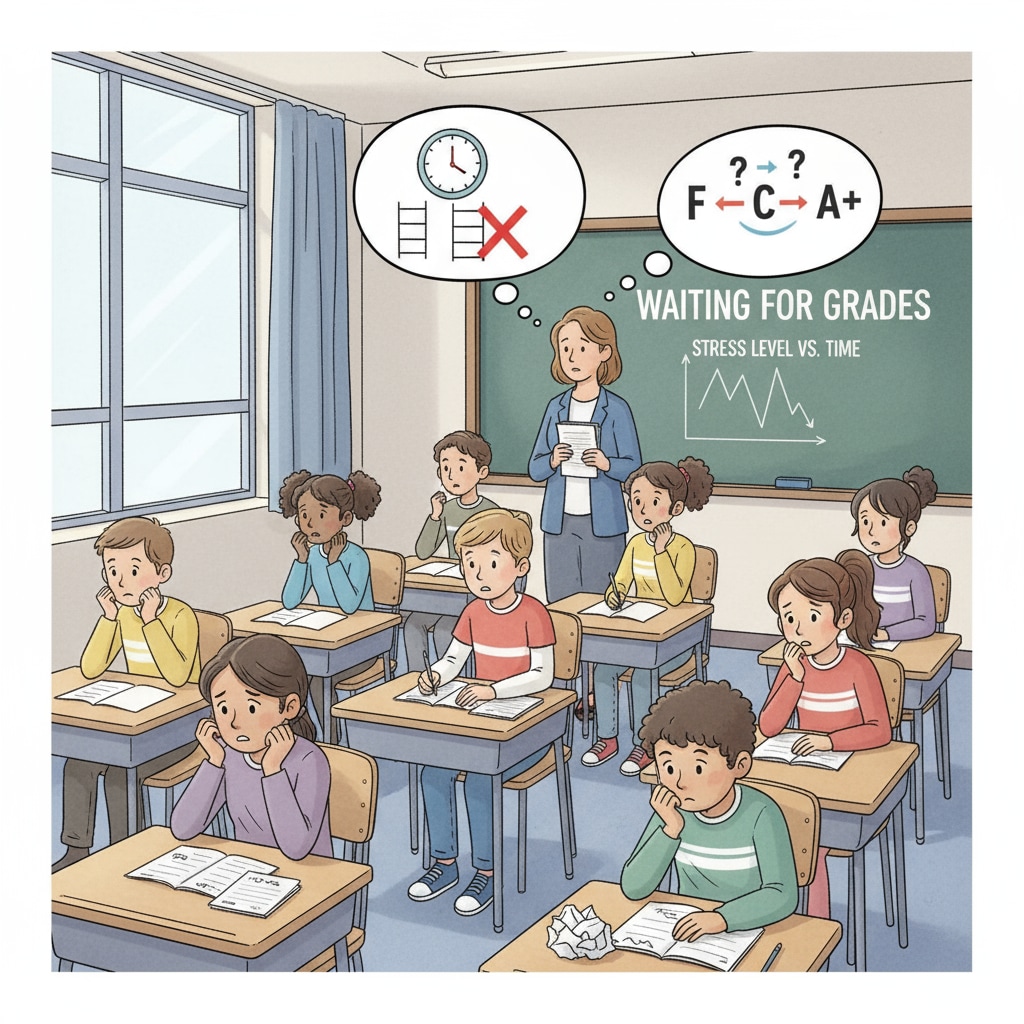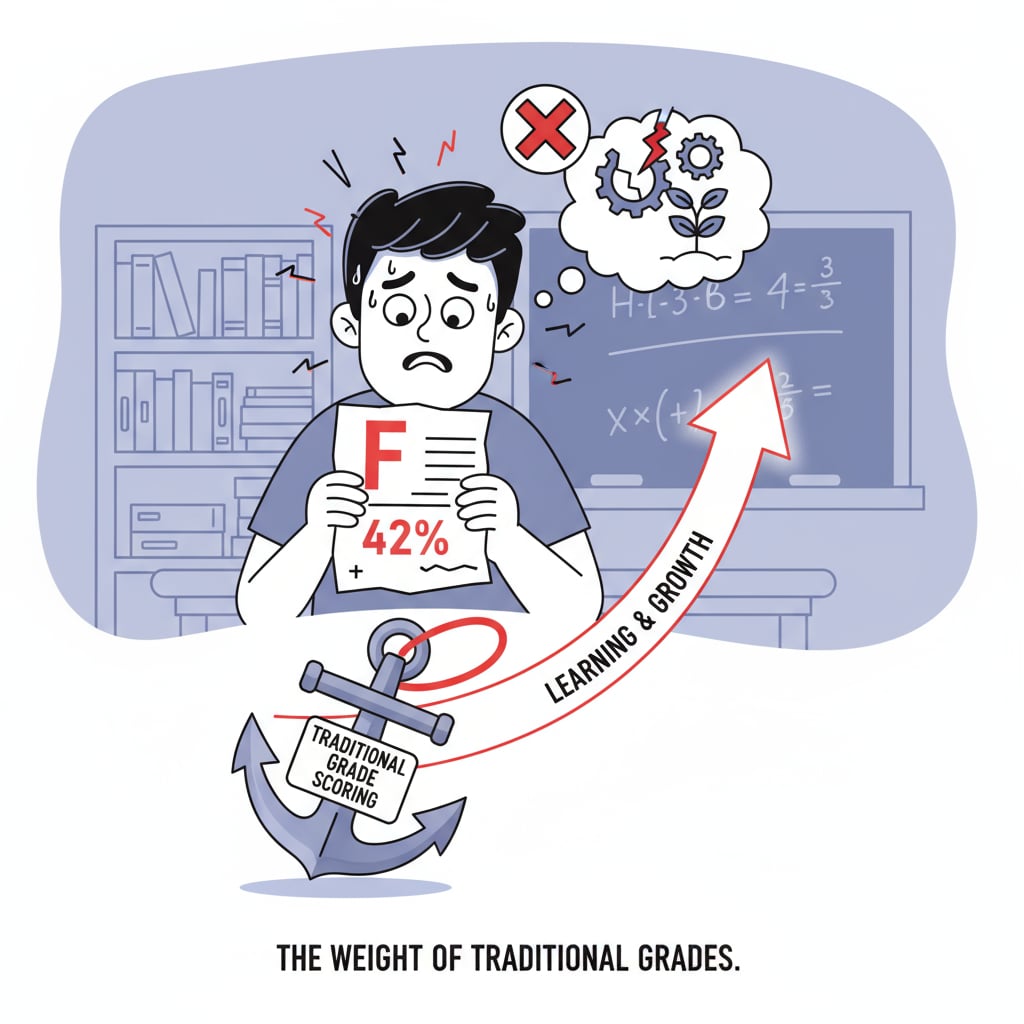The grade scoring systems, education quality, and education reform are intertwined issues that demand our attention. In the current educational landscape, traditional grade scoring systems are inadvertently undermining the essence of education, reducing learning to a mere numbers game rather than a journey of knowledge exploration.

The Dark Side of Traditional Grade Scoring
Traditional grade scoring systems, such as letter grades (A, B, C, etc.) or percentage scores, have long been the norm in K12 education. However, these systems often bring more harm than good. For example, they create intense pressure on students. The pursuit of high grades can lead to anxiety and stress, as students may feel that their self-worth is tied to these numbers. This pressure can even discourage them from taking risks and exploring new areas of learning. As a result, the joy of learning is lost. According to American Psychological Association research on student stress, the pressure from grade-based evaluation is a significant contributor to mental health issues among students.

Global Initiatives in Education Evaluation Reform
Thankfully, many countries and educational institutions around the world are recognizing the flaws in traditional grade scoring and are taking steps towards education reform. For instance, Finland has been a pioneer in this area. Their education system focuses on holistic development rather than just academic scores. Teachers in Finland use a variety of assessment methods, including project work, group discussions, and self-evaluations. This approach encourages students to think critically, collaborate effectively, and develop a love for learning. Another example is New Zealand, where the education system emphasizes the progress and achievement of each student, rather than comparing them to their peers. As stated on Education Counts, New Zealand’s official education website, this individualized approach helps students build confidence and reach their full potential.
To conclude, it is high time we reevaluate the role of grade scoring systems in K12 education. By learning from global best practices in education reform, we can create a more positive and effective learning environment. This will not only improve education quality but also ensure that students are truly prepared for the challenges of the future. Let us strive to move beyond scores and embrace a more comprehensive view of learning success.
Readability guidance: The key points are presented in short paragraphs and with the help of examples. The passive voice is minimized, and transition words like ‘however’, ‘for example’, ‘as a result’ are used to enhance the flow. Each H2 section provides an overview of different aspects related to education evaluation reform.


